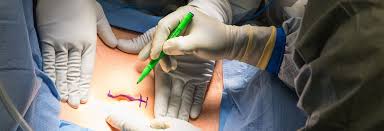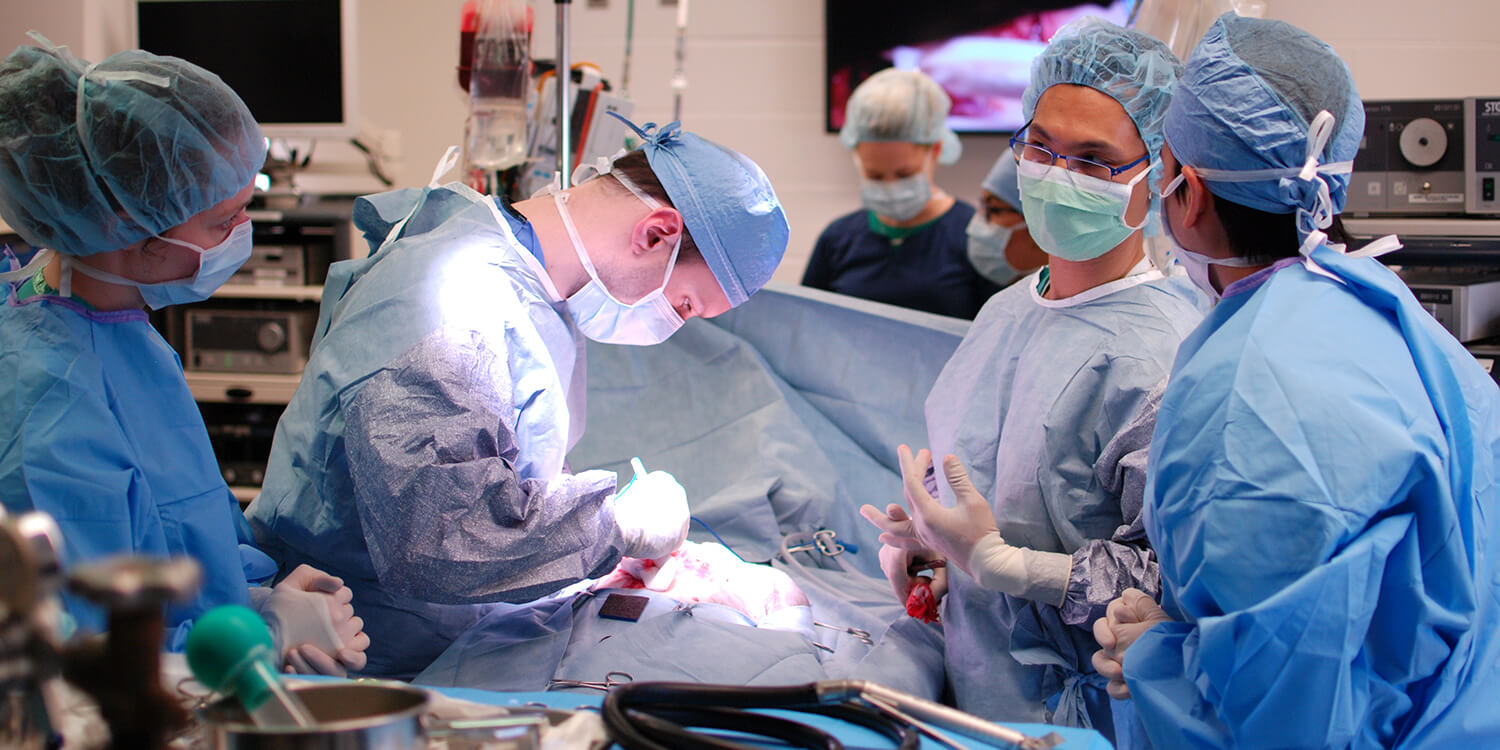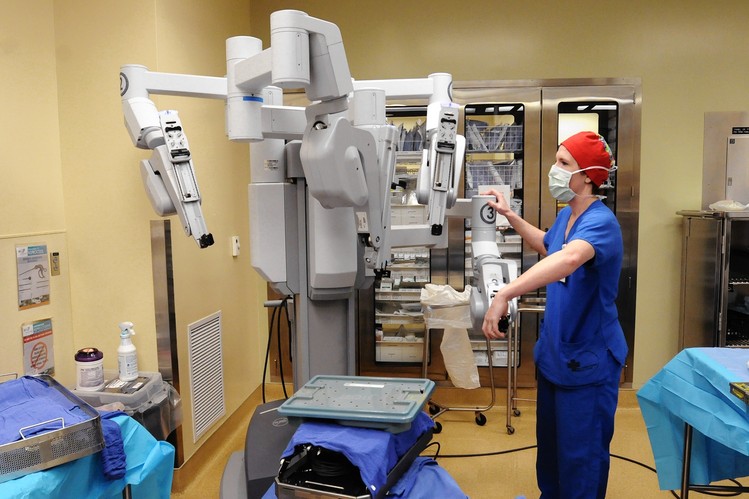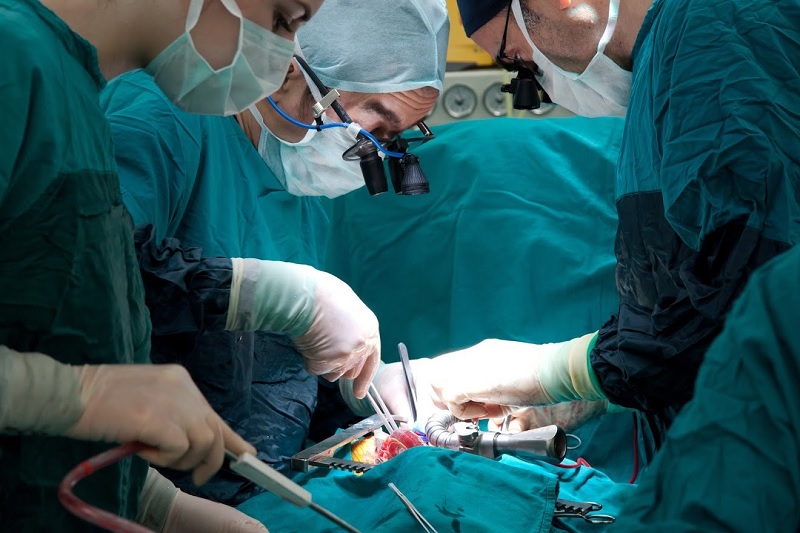Healthbeauty123.com – Oncology Surgery involves the surgical removal of cancerous tumors from the body. A surgeon who specializes in cancer surgery is called a cancer surgeon. He or she may perform biopsies or perform other surgical procedures that involve cancer cells. The best cancer surgeons are trained in advanced surgical oncology. Surgical oncology can be a complex and demanding field, and only surgeons who have special training in this field should perform oncological procedures.
Surgical Procedures Varies Depending on the Type of Cancer
Surgical procedures vary depending on the type of cancer, but they are often the first line of treatment. A surgical oncologist will use an open procedure to remove the tumor and healthy tissue margins. In contrast, minimally invasive operations involve only tiny incisions. This method is safer than open surgery and allows the patient to recover faster. Some types of cancer may be too advanced for minimally invasive surgery, however, and may require the removal of an entire organ. Surgery for kidney cancer, for example, involves removing the kidney, ovarian, or testicular cancer. Another type of surgery involves using liquid nitrogen to kill cancer cells.
In addition to removing cancerous tumors, a surgeon may also remove precancerous tissue. This cancerous tissue may be precancerous or could develop into cancer. In some cases, this may mean having your breasts removed before the disease manifests itself. It’s important to choose a surgeon who is experienced in gastric cancer surgery to ensure you get the best results possible. Once you’ve made the decision about which oncologist to visit, you can rest assured that you’re in the best hands.

Surgeons specializing in cancer will provide the highest level of care, which can help you live a longer and healthier life. In addition to cancer surgery, these specialists perform palliative surgeries. While some of these procedures focus on removing tumors, these are necessary to relieve pain and alleviate symptoms. While some cancer treatments may require multiple surgeries, you’ll benefit from a surgeon with a special expertise in cancer surgery.
A Common Side Effect After Surgery is Bleeding
Cancer surgeries are not straightforward and come with many risks. A common side effect is bleeding. Depending on where the cancer is located, the type of surgery, and the technique used, a patient may experience some discomfort. Additionally, there’s the risk of infection, which can be avoided by following instructions given by the surgeon. During the recovery period, a patient may need to take antibiotics to fight infection. If you’re concerned about your cancer surgeon, you may have additional questions.

Oncology Surgery is often a last resort for some patients. Advanced cancer patients may require surgery, including chemotherapy and radiation. Surgical oncologists are highly trained and committed to providing patients with world-class care. They work closely with other health care providers, such as naturopathic providers and nutritionists, in order to manage any side effects of the procedure. While surgical oncology is generally the last option, there are many options available for cancer surgery.
Treating Cancer is by Performing Robotic Surgery
The Union of European Medical Specialists (UEMS) is a group of specialist societies that aims to promote higher standards of medical care across Europe. Currently, the Union has 37 specialist sections, including the European Board of Surgery. In collaboration with the ESSO, the board runs Specialist Examinations in Oncology. The purpose of these exams is to provide evidence of the surgeon’s skills and competence. Further, the EBS is accredited by the American Board of Surgery and the National Cancer Institute.

Another way that oncologists are treating cancer is by performing robotic surgery. Using an advanced robotic system, oncologists can perform cancer surgery by manipulating tiny instruments and tools from a console nearby. One robotic arm holds a laparoscope and other arms hold miniature surgical instruments. The instruments can fit through incisions as small as an inch. A surgeon controls the robotic arms using a joystick. Its aim is to mimic a surgeon’s hand and wrist movements.
Reference:






